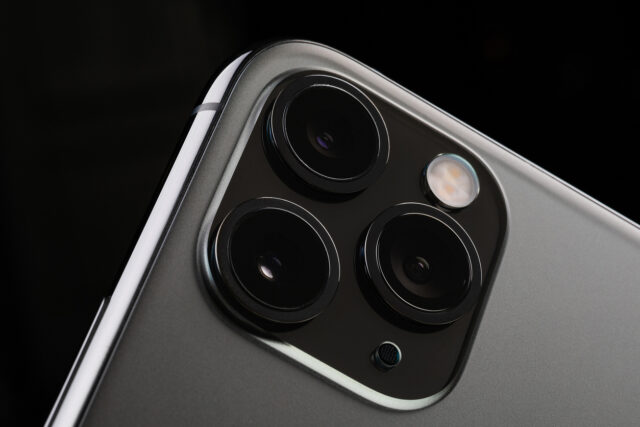The procurement landscape is undergoing a period of radical change. Pressure is growing for procurement teams to operate more efficiently and strategically. However, this trend is also growing in tandem with the complexity of procurement teams’ workloads. At the same time, the severity and variety of pain points faced by procurement functions have never been more disruptive.
At the heart of this sector-wide transformation is technology. This trend is reflected in a recent report by Deloitte. Researchers note that the rapid advancement of technologies like automation, AI, and machine learning is remaking business supply chains. Their implementation is “poised to transform how the procurement function delivers value.” For many organisations, “the application of these disruptive technologies to procurement is already fundamentally altering the impact of this function.”
One pivotal way that procurement is being altered by the changing technology landscape relates to the emergence of “machine customers.”
What are machine customers?
The concept of machine customers has been around for several years. Now, however, the technology is hitting an inflection point where its impact on the procurement sector has become undeniable.
Machine customers are nonhuman economic actors capable of selling or purchasing goods or services autonomously. Examples of machine customers are varied. They can include IoT devices capable of placing independent orders, intelligent replenishment algorithms maintaining product availability, and automated assistants suggesting new deals to consumers.
Machines can conduct procurement functions from both sides of the table, and the increasingly capable automation of sourcing and procurement could have a dramatic impact on the procurement sector.
Some industry experts argue that machine customers could account for trillions of dollars in revenue by 2030. Automating the process of buying and selling could completely change the nature of the procurement process. CEOs believe that by the end of the decade machine customers will account for 20% of their companies’ revenues.
The risks and rewards of machine customers
The study projects that, by 2026, more than 15 billion connected products will have the potential to behave as customers. These machine customers will be able to buy and sell goods and services autonomously.
These machine customers would, theoretically, have significant advantages over a human. Machine customers are unaffected by the cultural, emotional and sensory triggers that are used to manipulate humans into buying one product over another. Of course, cyber attacks that could influence the behavioural parameters of a machine customer could result in far greater misappropriation of spend.
Machine customers are also supposedly more efficient and methodical, with the ability to weigh up much larger sets of data to make more informed decisions in real time. The obvious criticism of this is that decision-making AI is limited by the scope of its programming and directives. The ethical concerns that could arise over the procurement practices taken by an AI told to prioritise low costs without sufficient guardrails are obvious. Machine customers will need to be increasingly regulated the more autonomy and agency they are given.
In short, machine customers are undeniably on track to have a meaningful impact on the procurement process. However, while automating sourcing in this way carries obvious advantages, widespread implementation of machine customers also creates new threats to the integrity of the supply chain.











